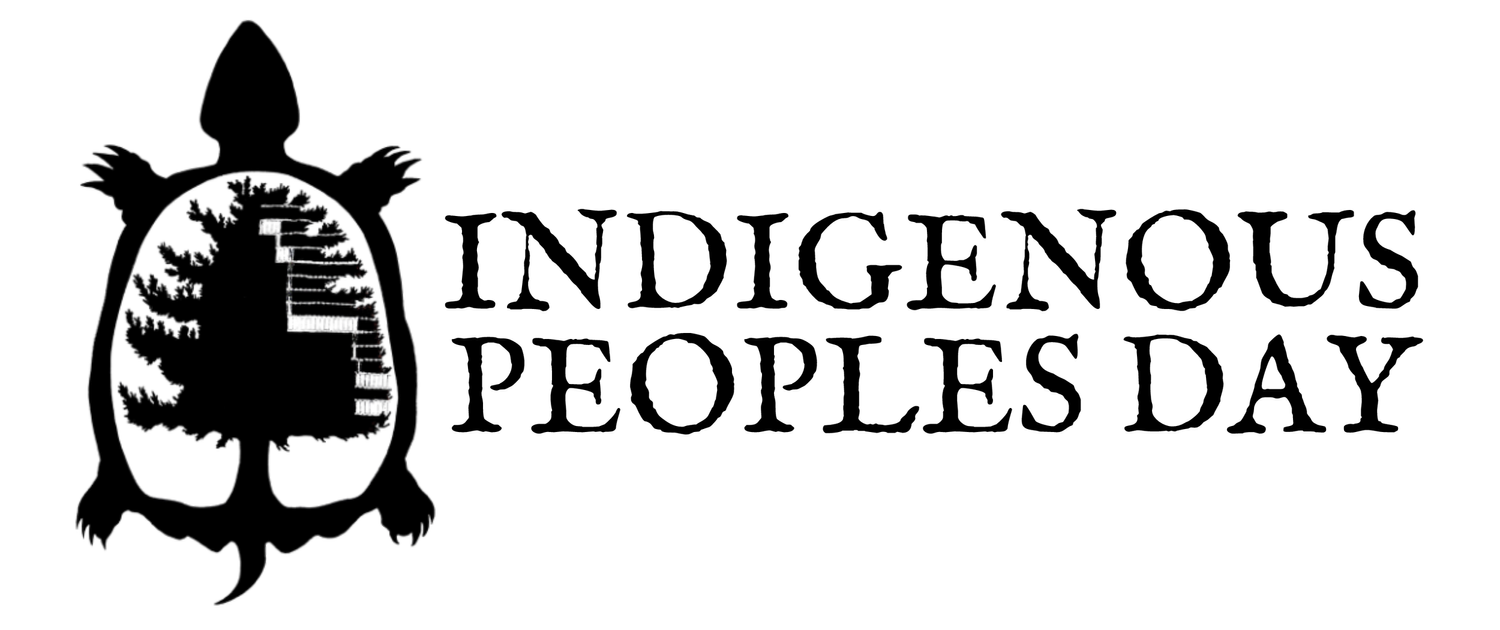Review of The Language Warrior’s Manifesto
How to Keep Our Languages Alive No Matter the Odds
The Language Warrior’s Manifesto, How to Keep Our Languages Alive, by Anton Treuer, is an inspiring book for all those involved in teaching Indigenous languages and supporters of those who do this crucial work. Treuer, an Anishinaabe language professor and writer from Leech Lake Band, starts by recounting his own journey to learn Anishinaabemowin. After college, he apprenticed himself to elders speaking the language. In his journey, he became fluent and starts teaching others, and support immersion language schools in multiple ways. He shows how important it is to seek community with like-minded people because this hard work needs the energy of many.
The second half of the book sites the important steps needed to make the language a living language through schools and creating communities where the Indigenous language is supported by all, and recognized as the first language. He gives many important ideas of crucial steps that need to be taken as well as pitfalls to avoid. His descriptions of how his group included elders’ ideas into the creation of teaching materials is just one idea that really struck me.
As a non-indigenous ally who has been involved in supporting Native Language instruction since the 1970’s, Treuer’s eloquent statements of what must be done sometimes moved me to tears. It is such a hopeful book, because if children become Indigenous language speakers, their culture will strengthen and live on in future generations. Treuer shows how this can be done with devotion and perseverance and gives the reader many tools to do so. In his own community, Bemidji, MN, road signs are dual language and shop keepers say “Miigwech” (thank you) to customers and affirm every day the importance of Anishinaabemowin, as the first language of so many in their community.
“Our tribal cultures are being reimagined all the time,” writes Treuer. “ There is a tension about what defines us, about being ancient and modern, about embracing change and staying the same. As we forge ahead, we must remember who we are and who we are not. We must keep the language at the center of our lived world and identity.”

